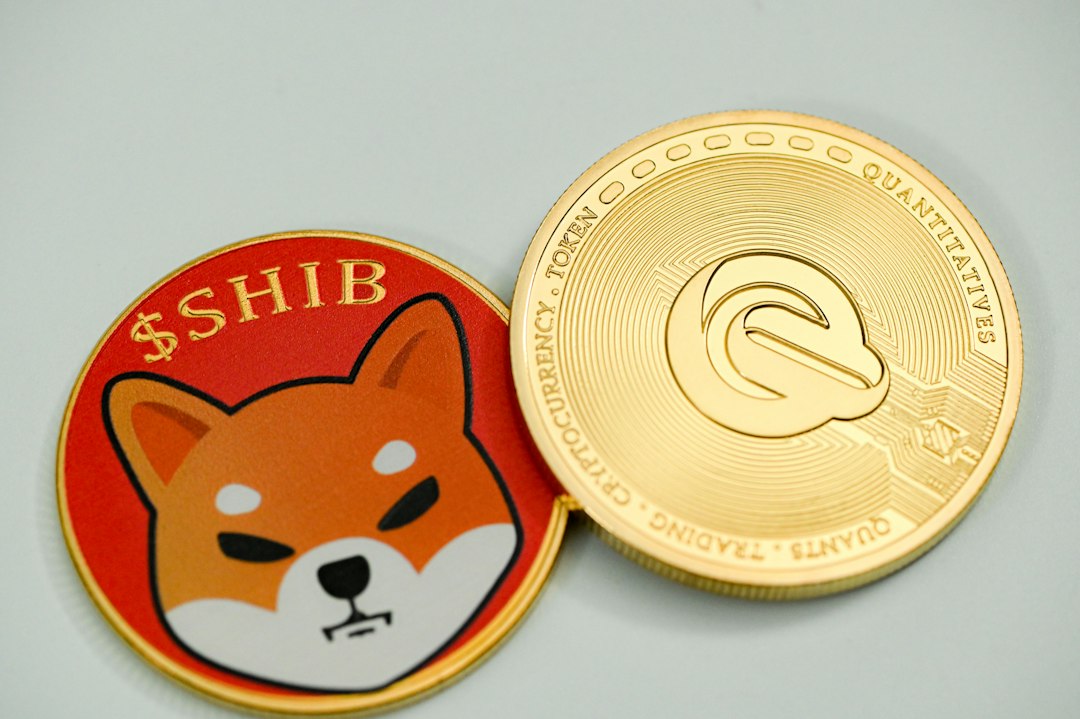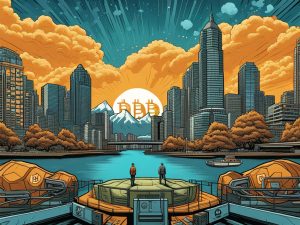Decentralized Autonomous Organizations (DAOs) and Their Challenges
DAOs are internet-native entities that operate on open-source software protocols on public blockchains like Ethereum. They allow coordinated groups to self-govern through collective decision-making and coded rule sets. However, DAOs face challenges in terms of security, accountability, and legal uncertainty. Regulatory issues surrounding their legal status and responsibilities in different jurisdictions are a major hurdle. The lack of a centralized authority and the global nature of DAOs make it difficult to establish clear legal boundaries.
- DAOs exist in a legal gray area due to regulatory challenges
- Security, accountability, and legal uncertainty are concerns
- Determining the legal status and responsibilities of DAOs is complex
- Different legal interpretations and expectations across countries and states
- Legal landscape surrounding DAOs is still evolving
The Drawbacks and Potential of DAOs
DAOs have the potential to outperform traditional corporations in certain cases. They offer efficiency and fairness through communal asset management and member voting. However, their governance can be inefficient and idealistic compared to corporate boards. DAOs aim to tap into the wisdom of crowds and make higher-quality decisions through code-based mechanisms. While they have their limitations, DAOs can revolutionize intellectual property (IP) management by distributing control and decision-making power among members.
- DAOs can outperform traditional corporations in certain cases
- Efficiency and fairness through communal asset management and voting
- Potential to tap into the wisdom of crowds for decision-making
- Decentralized IP management aligns with the principle of decentralization
- On-chain voting tools can ensure fairer voting and prevent concentration of power
The Added Benefits of Transparency and Design Considerations
Having IP management within a DAO structure adds transparency and enables community input. DAOs also facilitate quick product-market fit by involving users in determining value-added activities. However, it’s important to consider the human element in DAOs and avoid overwhelming voters with information. Designing voting processes and proposals that allow immediate involvement is crucial to prevent apathy and maintain decentralization.
- DAOs add transparency and community input to projects
- Quick product-market fit through user involvement in decision-making
- Designing voting processes and proposals to avoid overwhelming voters
- Apathy and few active participants can lead to loss of decentralization
Hot Take
DAOs have the potential to revolutionize organizational structures and decision-making processes. However, they face challenges in terms of regulation, security, and accountability. The legal landscape surrounding DAOs is still evolving, and specific cases and court decisions will shape their future. Despite their drawbacks, DAOs offer the opportunity for decentralized IP management, transparency, and community involvement. Designing DAOs with user-friendly voting processes and proposals is crucial to maintain active participation and prevent concentration of power.





 By
By

 By
By
 By
By

 By
By